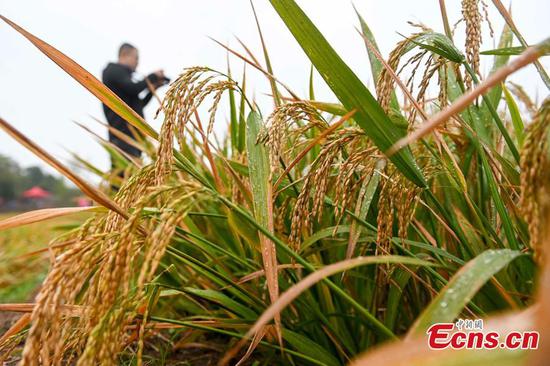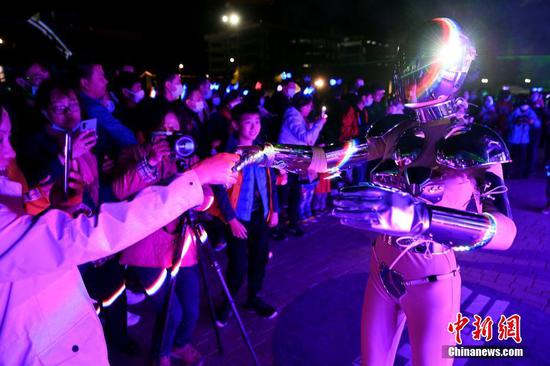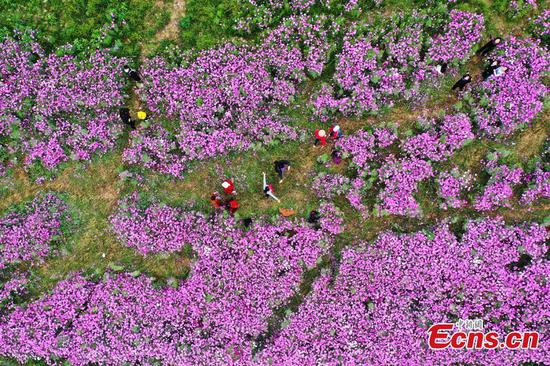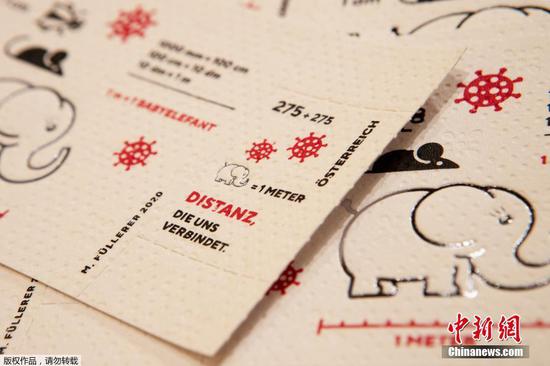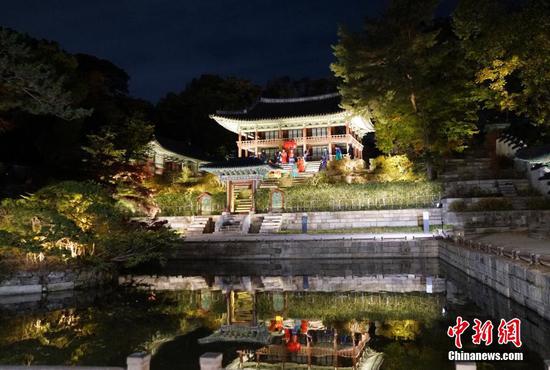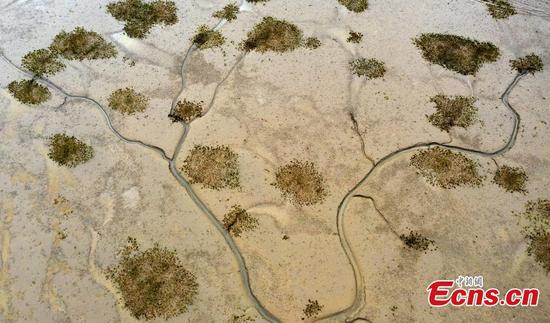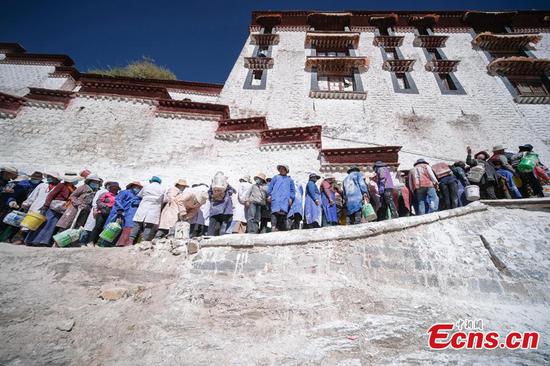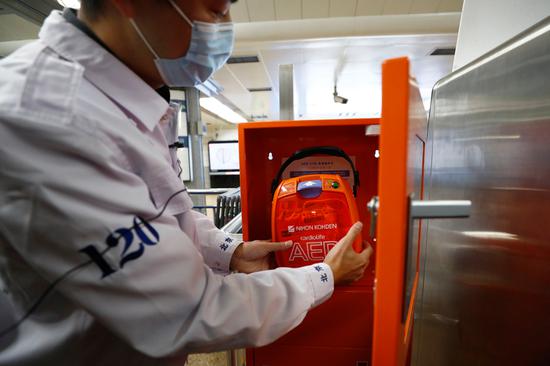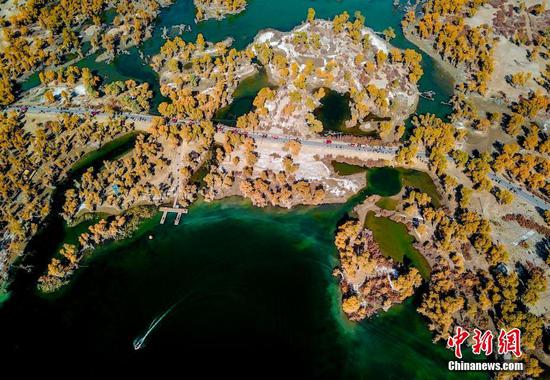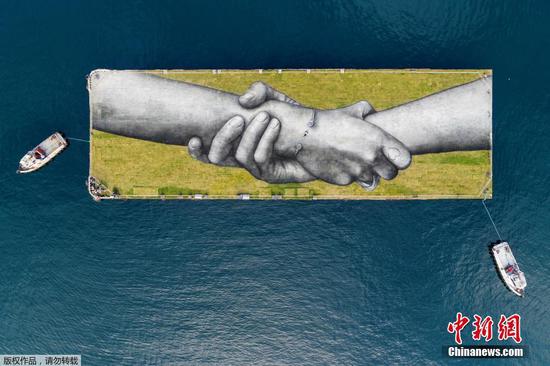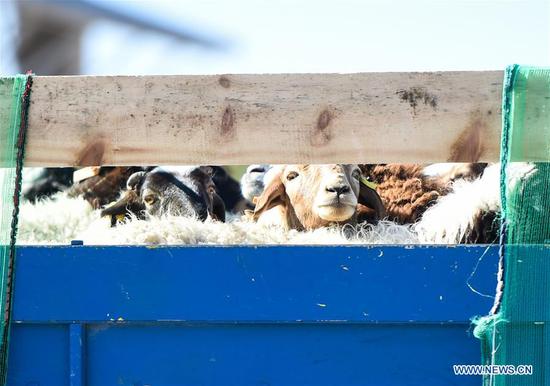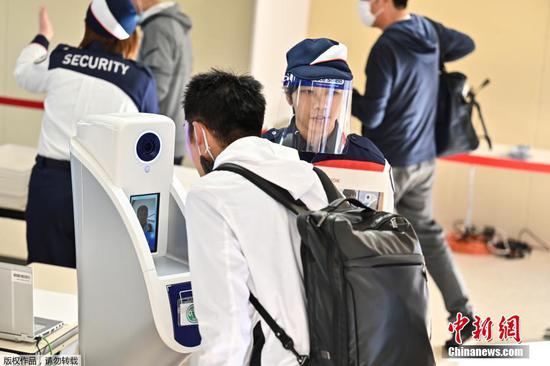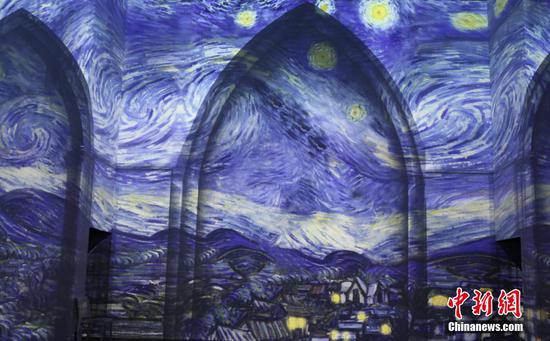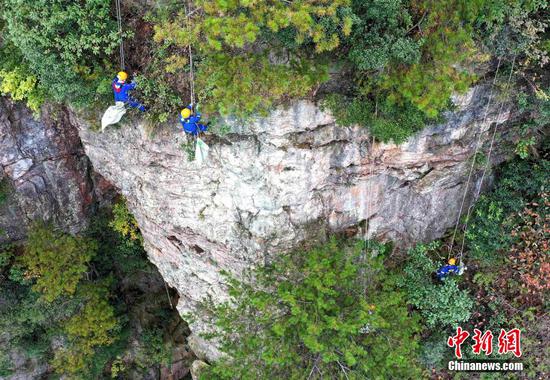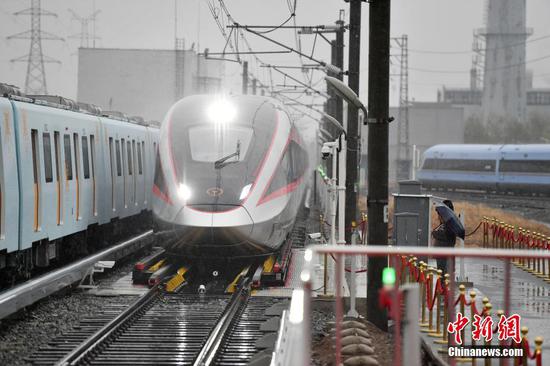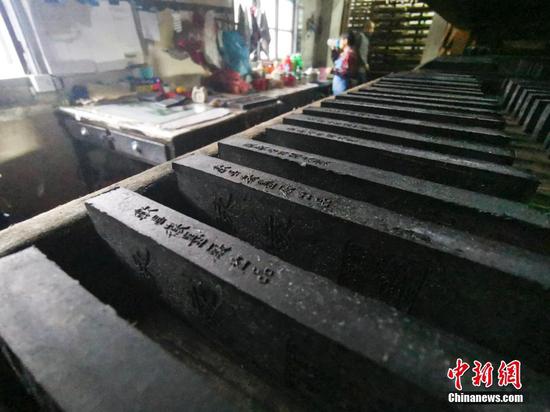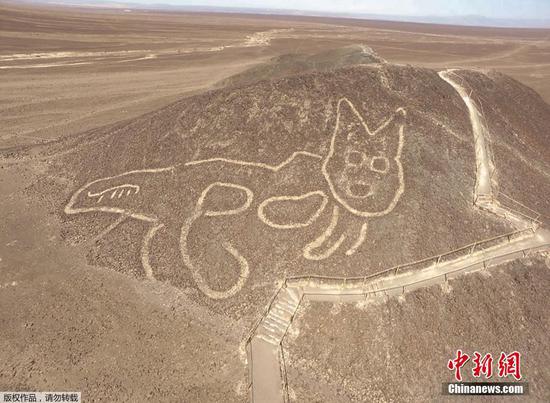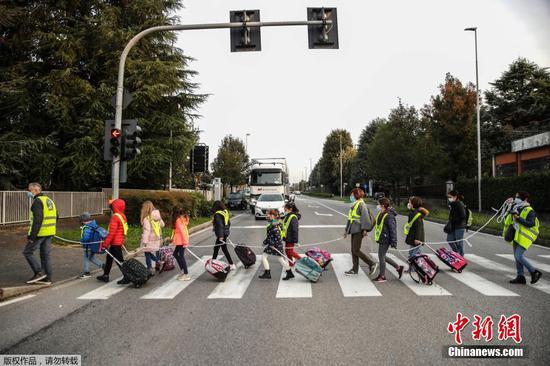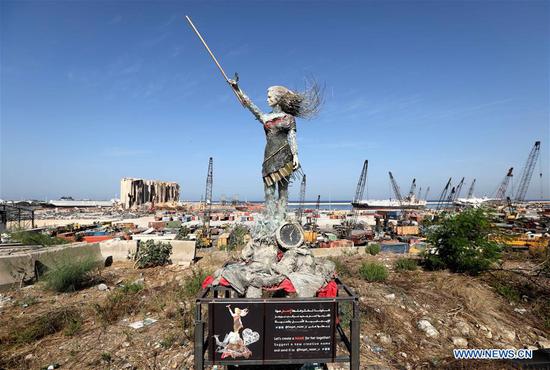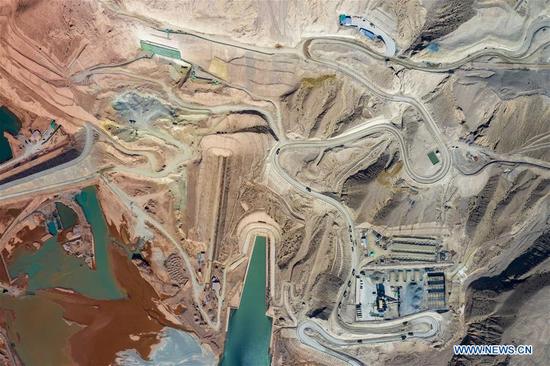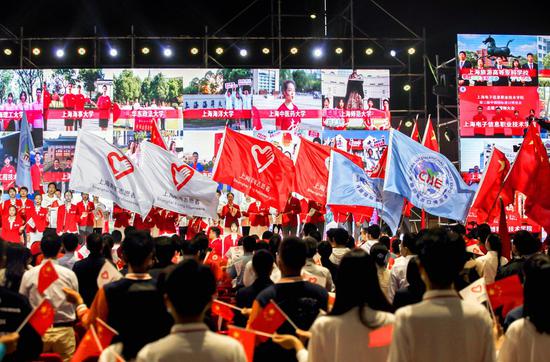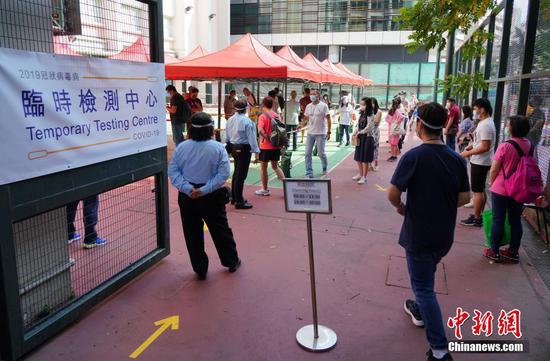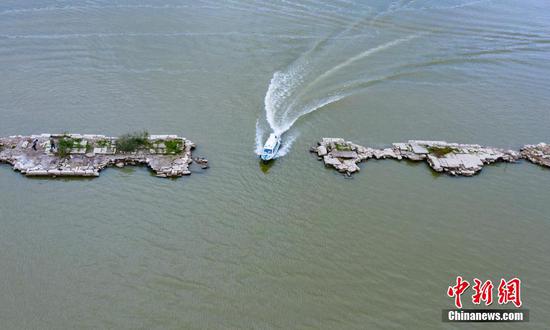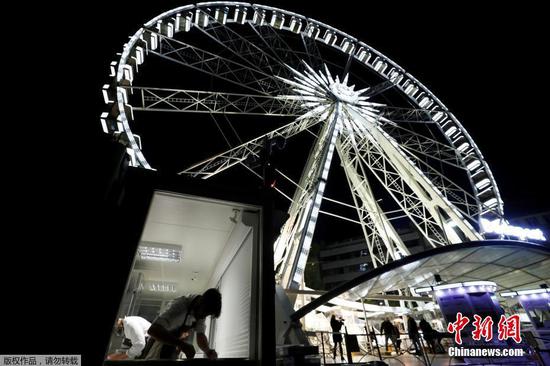II. Normal religious activities are carried out orderly.
Mosques are very important places for Muslims to carry out religious activities. It should be emphasized that there are a great number of mosques built in the 80s and 90s of last century or even earlier in Xinjiang, some of which were mudbrick houses, or rundown and narrow and small, or became dilapidated for not being well maintained and repaired, disqualifying them to be safe for religious activities, especially under harsh weather conditions, even posing a serious threat to the safety of Muslims when earthquake hits. In addition, some mosques were not reasonably designed, making it inconvenient for Muslims to carry out religious activities. In recent years, as efforts in urbanization and building new countryside intensifies, local governments fully taking Muslims’s appeals and applications into consideration, solved the problem of dilapidated mosque buildings with more rational layouts through rebuilding, relocating, and expanding them in the renovation of shantytowns and building beautiful villages in line with the local urban-rural development plans. Meanwhile, thanks to the strong support of the government, the conditions of mosques have been improved across the board: mosques have been equipped with running water, electricity, natural gas, radio and communications facilities. Roads leading mosques have been improved to make access easier, and medical and public services have been extended to mosques, greatly facilitating the Muslim people to pray. We are very happy about the changes.
In order to satisfy the demands of Muslims for religious knowledge, the Xinjiang Islamic Affairs Steering Committee has commissioned the translation and publication of religious classics, including the Koran and Selections from Al-sahih Muhammad Ibn-Ismail al-Bukhari, in Mandarin, Uygur, Kazakh, and Kirgiz languages, and compiled and printed the Collection of Waez's speeches. All these publications are provided to religious staff members free of charge. Many ancient religious books, such as the Biography of the Prophet, have been included in the Catalog of National Rare Books of China. The government has allocated funds to protect and sort out the ancient books, such as The Koran and The Prophet Muhammad: A Biography. Religion-related intangible cultural heritage have been effectively protected and inherited.
In accordance with the Regulations on Religious Affairs issued by the State Council, governments at all levels in Xinjiang have taken effective measures to help religious organizations and religious schools improve their working and teaching conditions. As the new campus of Xinjiang Islamic Institute with an investment of more than 100 million yuan was completed in September 2017, and the institute's eight branches in Ili, Changji, Urumqi, Turpan, Aksu, Kizilsu, Kashgar and Hotan have been built, an educational and training system that centers on the Xinjiang Islamic Institute and is supported by the eight branches has formed. Following the quota-fixed on-demand education principle that enrolls students with preassigned posts, these Islamic institutions formulate their teaching plans and objectives, making sure to produce competent reserves for the religious circles. China Islamic Institute, Xinjiang Islamic college and its eight branches have produced more than 4000 graduates consisting postgraduate, undergraduate, junior college, and secondary school students. Islam has been inherited and developed in Xinjiang in an orderly and healthy way.
All normal religious activities, such as praying, fasting, sermons and preaching, and religious festivals, that Muslims conduct either at mosques or in their own homes according to customary religious practices are exclusive affairs of the believers themselves. Since 1996, many Muslims have taken charter flights arranged by the government to make pilgrimage to Mecca, Saudi Arabia, with medical services, translation and other services also being provided to them by the government, ensuring safe and orderly pilgrimages . Up to now, more than 50,000 Muslims have completed the Haji to Mecca.
The governments at all levels in Xinjiang takes great care of the clerical personnel, incorporating all of them into the social security system entitling to the medical insurance, old-age pension, serious illness insurance, and personal accident insurance and arrange a free physical examination for them each year. During the Eid al-Fitr and Eid al-Adha, the Party and government leaders at all levels in Xinjiang visit religious circles, and pay regular visits to religious venues, making friends with religious personages, and helping them solve difficulties in work and life. Religious personages' right to participate in the deliberation and administration of state affairs is fully guaranteed. More than 1,400 religious personages from all ethnic groups in Xinjiang serve as deputies and members of the people's congresses and committees of the Chinese People's Political Consultative Conference at all levels to exercise the right to participate in the deliberation and administration of state affairs.









